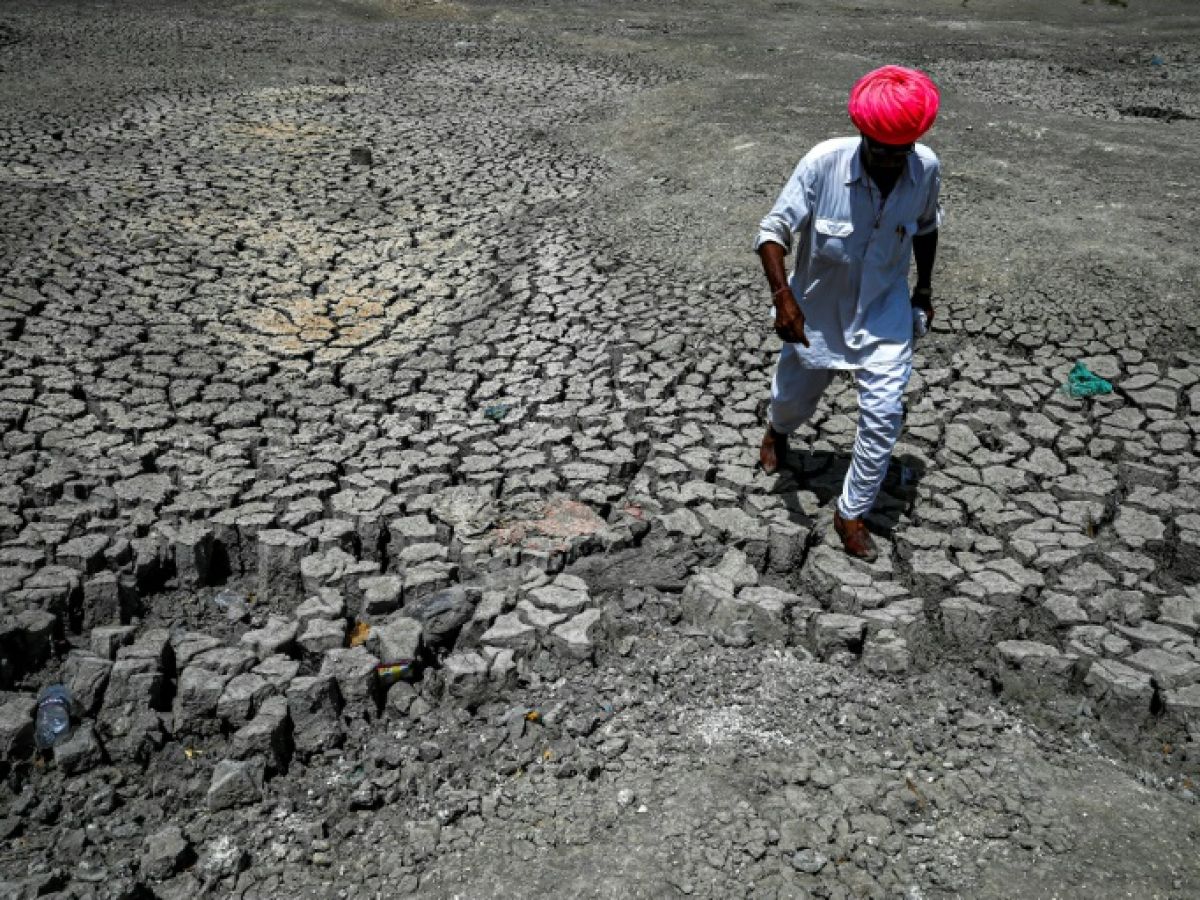Global warming is causing more and more health problems around the world, including an increase in heat-related deaths, concludes an annual report published by the journal Lancet.
"Because of rapid climate change, people around the world are facing unprecedented threats to their well-being, health and survival," says the report, called Lancet Countdown, which is produced each year by researchers from a wide range of universities and UN agencies.
The authors stress that global warming not only poses a long-term threat, but is already causing widespread health problems, sometimes fatal.
They point in particular to the increase in heat-related deaths, while heatwaves are becoming more and more frequent in temperate regions, such as most countries in Europe.
Among those over 65, heat-related mortality had more than doubled in 2023 compared to the average for the 1990s, the report highlights, mentioning other problems linked to high temperatures: difficulty sleeping, risk of heat stroke during physical exercise, etc.
The report also highlights the risks of so-called "extreme" climate events, such as heavy rainfall that can cause flooding or contaminate running water. Compared with the period 1961-1990, the years 2014-2023 have seen an increase of more than half in the regions of the world exposed to such precipitation.
Importantly, the researchers note that it is not enough to assess each of these risks separately - and many others also studied by the report - "they probably have simultaneous and cascading effects (...) which disproportionately threaten the health and survival of people as soon as the global temperature increases by a fraction of a degree."
Noting the unprecedented level of CO2 emissions in 2023, the authors question the responsibility of States, as well as the gas and oil industry, accusing them of continuing to invest excessively in fossil fuels.
For example, the measures intended to compensate for the rise in energy prices, in a context where the latter have notably jumped in the wake of the Russo-Ukrainian conflict, are at issue.
"If we don't act now, the future looks very dangerous," researcher Marina Romanello, who coordinated the report, told AFP. "Lost time is paid for in human lives."

